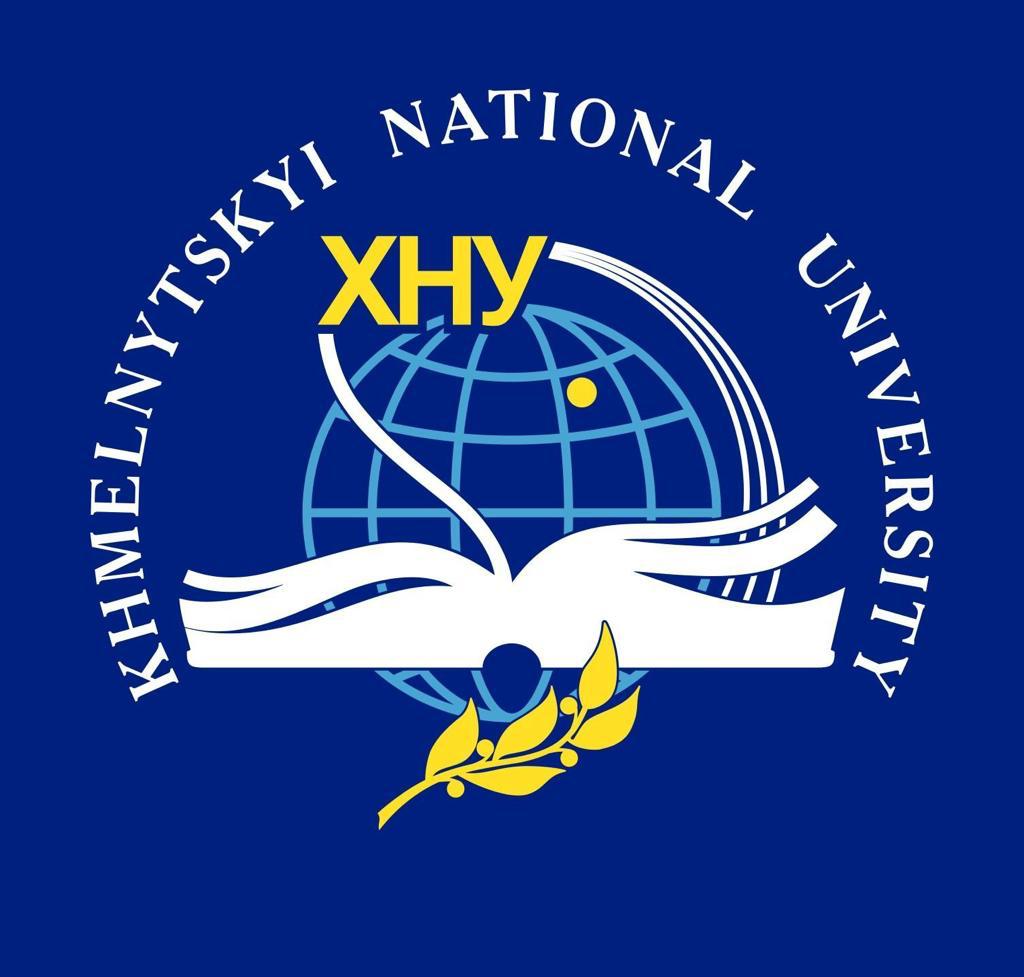MEANS OF RECOVERING WORKING CAPACITY FOR RUNNERS ON MEDIUM AND LONG DISTANCES
DOI:
https://doi.org/10.31891/pcs.2024.1.61Keywords:
recovery of working capacity, medical and biological means, pedagogical means, middle- and long-distance runners, track and field athletics, sports trainingAbstract
The article examines the issue of the integrated use of pedagogical and medical-biological means of recovery of working capacity in the training of runners for medium and long distances. The analysis of scientific and methodical literature showed that optimization of the training process is impossible without effective use of means of restoring the working capacity of athletes. After all, insufficient recovery during training cycles, excessive physical exertion, a large number of competitions, not a rational construction of training, unsatisfactory nutrition, etc. negatively affect the performance of athletes.
Summarized modern data on the effectiveness of the use of pedagogical means of recovery in the process of training runners: 1) compensatory work (flexibility exercises, sports games, cycling, swimming in the pool, slow running, etc.); 2) active recreation; 3) classes with small and medium loads after classes with large loads, which differ in orientation; 4) compliance of the load with the capabilities of the athletes; 5) rationally constructed warm-up and the final part of training; 6) restorative microcycles in macrocycles and annual preparation cycles; 7) rationally structured training, micro-, meso- and macrocycles.
The effectiveness of the use of extra-training medical and biological (physical) means of recovery in the training of runners has been revealed: sports massage, sauna, hydro-, electro-procedures and light irradiation, depending on the volume and intensity of the load in microcycles. Schemes of medical and biological means of restoring the performance of runners in the preparatory and competitive periods of the annual training cycle are presented. Nutrition was analyzed as a means of replenishing the energy expenditure of runners. The ratio of proteins (14-15%), fats (25%) and carbohydrates (60-61%) in the diet of athletes is shown. The importance of maintaining water balance, consumption of vitamins, mineral supplements, and sports drinks in the training of track and field athletes is revealed.
References
Yachniuk, I. A. ta in. (2009). Restorative means of working capacity in physical culture and sports: pidruchnyk. Chernivtsi: Books – XXI. (in Ukrainian).
Holovashchenko, R. V. (2014). Pidvyshchennia efektyvnosti trenuvalnoho protsesu bihuniv na seredni dystantsii za dopomohoiu erohennykh zasobiv (za rezultatamy zastosuvannia preparatu karbonat). Extended abstract of PhD dissertation (Olympic and professional sports). National University of Physical Education and Sports of Ukraine, Kyiv. (in Ukrainian).
Hryban, V. H., Melnykov. V. L., Khrypko, L. V., & Kaznacheiev, D. H. (2019). Physical education. Dnipro: DDUVS. (in Ukrainian).
Yednak, V. (2018). The use of medical and biological means of recovery of working capacity in the training of track and field athletes . Teoretyko-metodychni osnovy orhanizatsii fizychnoho vykhovannia molodi : materialy KhI Vseukr. nauk.-prakt. konf., prysviachnoi 70-richchiu kafedry fizychnoho vykhovannia ta sportu /za zah. red. Sirenko R. R. Lviv : LNU im. Ivana Franka, pp. 102-105. (in Ukrainian).
Maleniuk, T. V. (2023). Restorative means of performance in physical culture and sports: navch. posibnyk. Kropyvnytskyi: Publisher Lysenko V.F. (in Ukrainian).
Maleniuk, T. V. (2014), The in fluence of the training load on the development of the motor skills of the young athletes at the age of 12-13. Slobozhans’kii naukovo-sportyvnyi visnyk, № 1, 58-61. (in Ukrainian).
Maleniuk, T. V. (2017), Individual program of running activity of track-and-field athletes during training sessions to improve sport skills in the preparation for a cross season. Slobozhanskyi naukovo-sportyvnyi visnyk, № 5 (61), 69-74. (in Ukrainian).
Moroz, M., & Karabanov, A. (2013). The influence of competitive loads on the body of young runners. Fizychne vykhovannia, sport i kultura zdorovia u suchasnomu suspilstvi: zb. nauk. pr. Volyn. nats. un-tu im. Lesi Ukrainky /uklad. A. V. Tsos, S. P. Kozibrotskyi. Lutsk : Volyn. nats. un-tu im. Lesi Ukrainky, 2(22), pp. 143-146. (in Ukrainian).
Ovcharuk, V. H. (2019). Means of recovery and improvement of working capacity in the process of training qualified athletes. Fizychne vykhovannia ta sportyvnyi menedzhment : materialy XIVIII nauk.-tekh. konf. March 13-15, 2019. Vinnytsia : VNTU, pp. 506-515. (in Ukrainian).
Pavlova, Yu. & Vynohradskyi, B. (2011). Recovery in sports : monohrafiia. Lviv : LDUFK. (in Ukrainian).
Platonov, V. N. (2015). Training system in Olympic sports. General theory and its practical applications : uchenyk v 2 kn. Knyha 1. Kyiv: Olympic literature. (in Ukrainian).
Piatnychuk, D., & Piatnychuk, H. (2013). Modern views on the system of training runners for medium and long distances. Moloda sportyvna nauka Ukrainy. 2013. T. 1. 201-206. (in Ukrainian).
Samolenko, T. (2011). The individual experience of building training process at the stages of the immediate preparation for the major competitions in running for the middle distances. Pedahohika, psykholohiia ta medyko-biolohichni problemy fizychnoho vykhovannia i sportu, № 7, 71-76. (in Ukrainian).
Yalovyk, V., & Yalovyk, A. (2019). Functional nutrients for recovery in endurance sports: metod. rozrobka. Lutsk : Vezha-Druk. (in Ukrainian).





